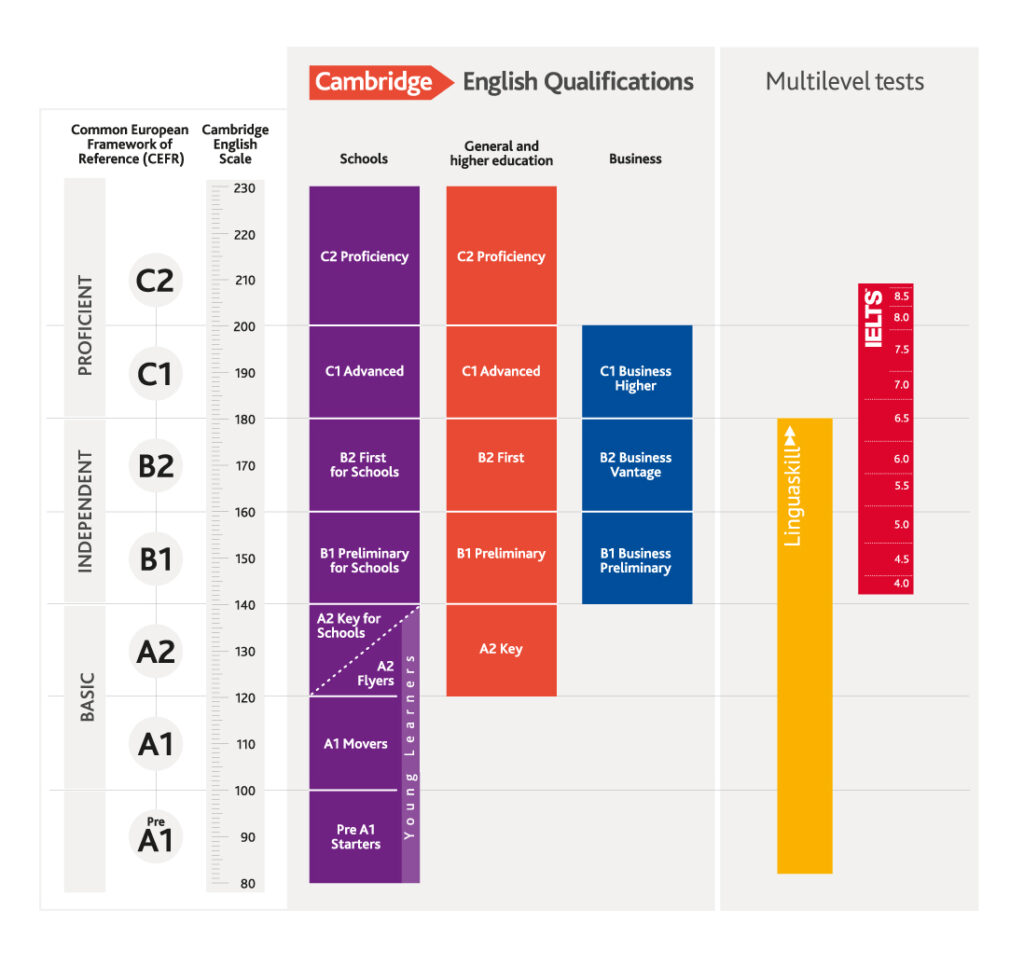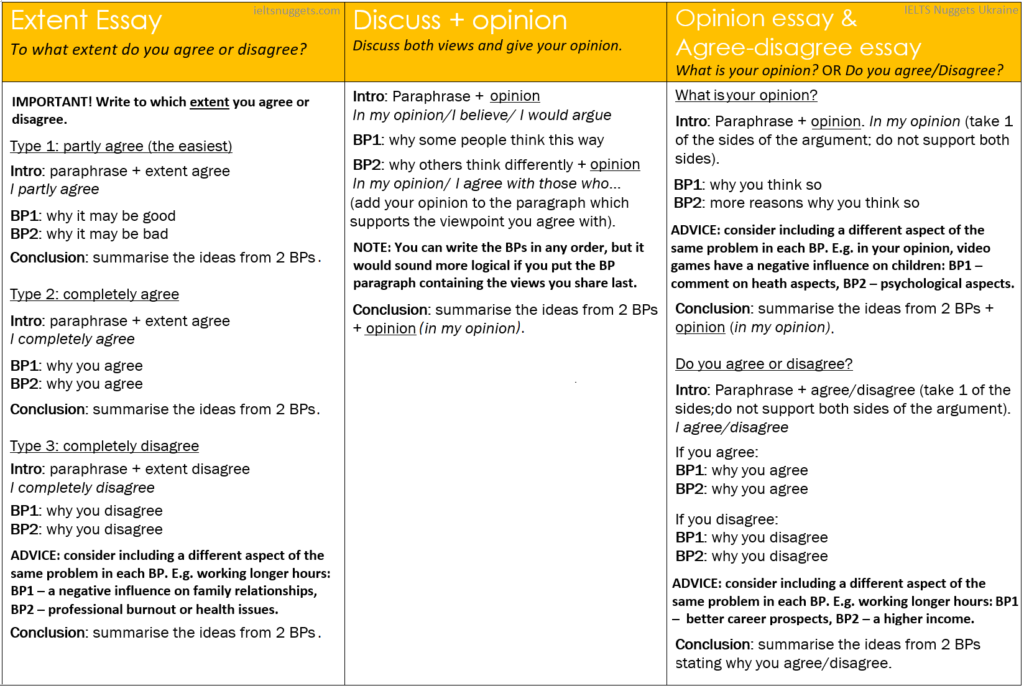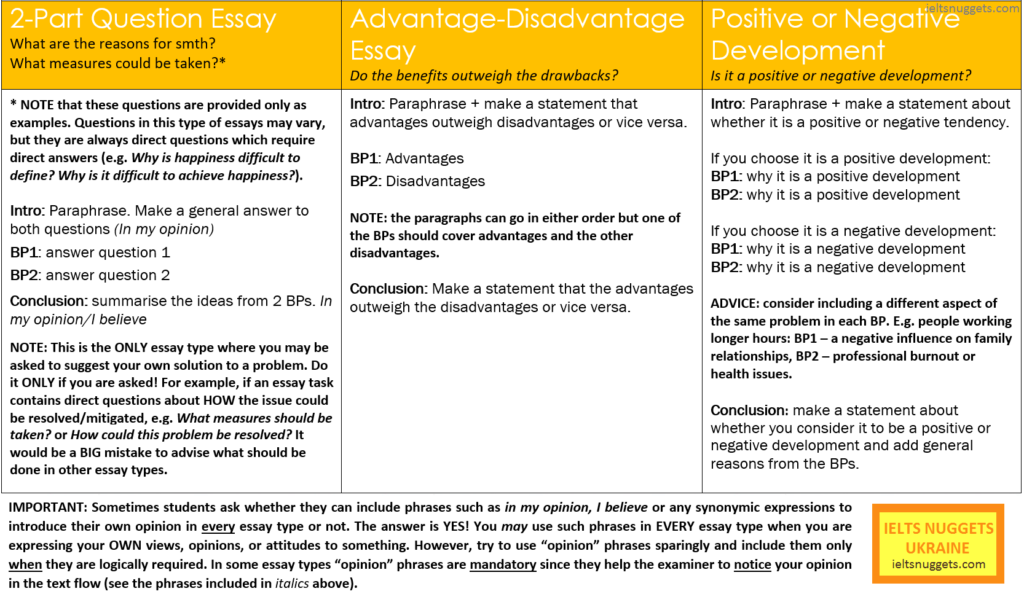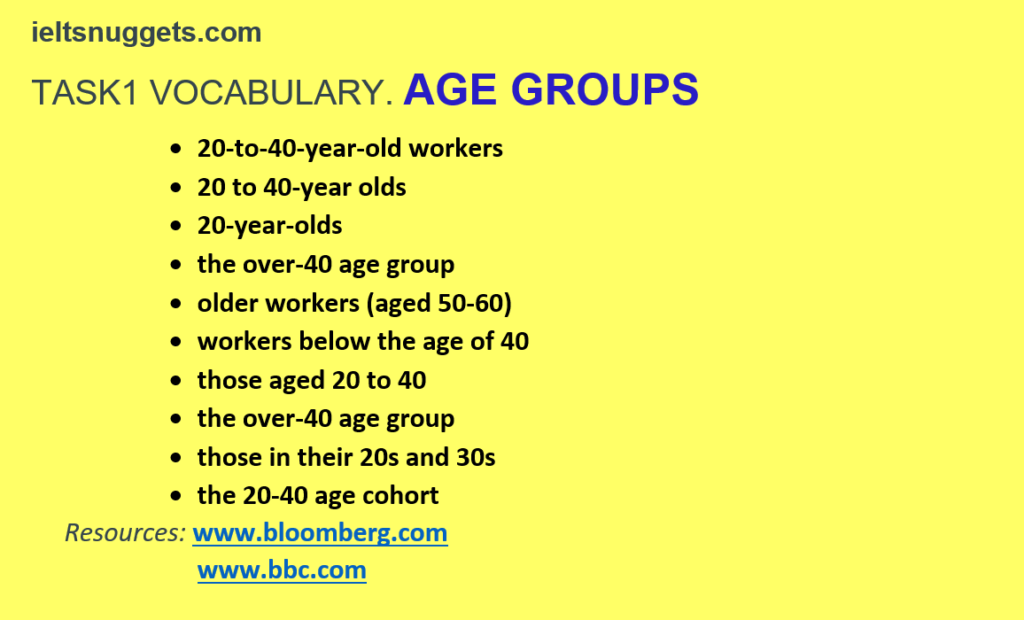- Parenting. Exercise 1 (Permissive Parenting)
- Parenting. Exercise 2 (Authoritarian Parenting)
- Parenting. Exercise 3 (Neglectful Parenting)
- Parenting. Exercise 4 (Emotional Problems)
- Parenting. Exercise 5 (Behavioural Problems)
- Parenting. Exercise 6 (Academic Concerns and Other Problems)
- Parenting. Exercise 7 (Family Environment)
- Parenting. Exercise 8 (Correct Parenting – 1)
- Parenting. Exercise 9. (Correct Parenting – 2)
- Parenting. Exercise 10 (Rules and Discipline – 1)
- Parenting. Exercise 11 (Rules and Discipline – 2)
- Parenting. Exercise 12 (Positive Effect of Correct Upbringing – 1)
- Parenting. Exercise 13 (Positive Effect of Correct Upbringing – 2)
- Parenting. Exercise 14 (Collocations)
- Parenting. Exercise 15 (Prepositions – 1)
- Parenting. Exercise 16 (Prepositions – 2)
POSTS PAGE
I Need to Take IELTS. What Should I Start With?
𝗦𝗧𝗘𝗣 𝟭. Get familiar with the test format to have a general idea of what you will be going through.
- read general information about the test format
- look through the sample tests
- watch the official IELTS videos on how Speaking is tested
𝗦𝗧𝗘𝗣 𝟮. Decide on your target overall band score and the score you may need in each part of the test.

- Use the CEFR to IELTS conversion table (the one above) to estimate your approximate score. I would highly recommend you to get a professional tutor to assess your current English level since assessment tests available online, just like those short ones included in English books, hardly ever provide an objective evaluation of your English competence.
- IELTS Scoring in detail can be found here. From my experience of taking and teaching IELTS, if your current level is Intermediate to Intermediate plus, your predicted score will be 5.5 to 6.5 overall (with 5.0 – 6.0 in writing). Upper Intermediate students may aim for bands 6.5 – 7.0 (with 6.0 – 6.5 in writing). Advanced learners are likely to score 7.0 -8.0 overall (with 6.5 – 7.0 in writing).
𝗦𝗧𝗘𝗣 𝟯. Rid of any illusions you may have about hacking the test and be prepared to work hard for your desired score. You may strike it lucky and get half a band (+0.5) higher than you actually deserve in every part except writing, which usually provides the most objective assessment of your current level. Remember, if the system could be hacked or tricked, the IELTS test would have already lost its credibility and you would not need to take it!:-)
𝗦𝗧𝗘𝗣 𝟰.
A. If your current level corresponds with the desired band score, start preparing for the exam straight away allowing yourself at least 3 months for the preparation. I will be writing about it in one of my future posts.
B. In case the desired score exceeds your current level, consider improving your general English skills, before setting about your preparation. What will happen if you start preparing for the test even though your actual English level is lower than your projected IELTS score is that you may follow in the footsteps of some unwise students taking IELTS 5-10 times in 1-2 years and scoring approximately the same band in each part! Once you have taken your grammar and vocabulary to the level that matches your target band score, START preparing for your IELTS exam. I will be writing about it in one of my future posts.
IELTS Essay Task 2 Structure in Tables (6 Types)
For better quality, click the link


These tables provide a clear and concise description of all the types of IELTS essays (writing task 2). The information is based on a detailed analysis of model essays included in official IELTS preparation materials, as well as sample essays by expert IELTS tutors (ieltsliz.com and ielts-simon.com).
Higher Education as Route to Successful Career
Some people believe that studying at university or college is the best route to a successful career, while others believe that it is better to get a job straight after school. Discuss both views and give your opinion.
When they finish school, teenagers face the dilemma of whether to get a job or continue their education. While there are some benefits to getting a job straight after school, I would argue that it is better to go to college or university.
The option to start work straight after school is attractive for several reasons. Many young people want to start earning money as soon as possible. In this way, they can become independent, and they will be able to afford their own house or start a family. In terms of their career, young people who decide to find work, rather than continue their studies, may progress more quickly. They will have the chance to gain real experience and learn practical skills related to their chosen profession. This may lead to promotions and a successful career.
On the other hand, I believe that it is more beneficial for students to continue their studies. Firstly, academic qualifications are required in many professions. For example, it is impossible to become a doctor, teacher or lawyer without having the relevant degree. As a result, university graduates have access to more and better job opportunities, and they tend to earn higher salaries than those with fewer qualifications. Secondly, the job market is becoming increasingly competitive, and sometimes there are hundreds of applicants for one position in a company. Young people who do not have qualifications from a university or college will not be able to compete.
For the reasons mentioned above, it seems to me that students are more likely to be successful in their careers if they continue their studies beyond school level. (271 words, band 9)
Source: A collection of Essays by Simon Corcoran
Work (click the arrow)
sample essays (band 9)
- Deciding on Future Career Early in Life (extent) ielts-simon.com
- Higher Education as Route to Successful Career (discuss+opinion) ielts-simon.com
- Higher Education vs Experience and Soft Skills (discuss+opinion) ieltsliz.com
- Dress Code (extent) ielts-simon.com
- High Salaries (discuss+opinion) ielts-simon.com
- Salary as Key Factor When Choosing Job (extent) ielts-simon.com
- Working on the Same Company vs Different Companies (discuss+opinion) Official Cambridge Guide to IELTS
- Mismatch between Employers’ Requirements and Education Complete Advanced Student’s Book
Culture
SAMPLE ESSAYS (band9):
- Financial Support for Artists (discuss+opinion) ielts-simon.com
- Importance of Museums (discuss+opinion) ielts-simon.com
- Role of Music (2 questions) ielts-simon.com
- Art vs Other Subjects at School (2 questions) ieltsliz.com
- Importance of Festivals (extent) ielts-simon.com
- Traditions and Technology (extent) ielts-simon.com
- Literature and History at School (extent) ielts-simon.com
Sample essay. Studying Abroad
In the past when students did a university degree, they tended to study in their own country. Nowadays, they have more opportunities to study abroad. What are the advantages and disadvantages of this development?
The pursuit of knowledge is a concept that is valued by most cultures. In the 21st century, we now have many more options regarding how and where to find that knowledge. If you are a French national, you can apply to do an economics degree in the USA, and likewise, an American student can take a course in linguistics in France. Indeed, most universities across the world now have a good proportion of foreign students enrolled in their programs.
Certainly, there are numerous advantages of studying in a different country. Many students choose to do this because they that a particular university, for instance, Stanford Business School, has an excellent reputation. Graduating from here, they believe, will increase their chances of securing a decent position in a company back home. Students studying abroad also have the opportunity to form friendships with people of various nationalities: in time, these may develop into useful professional networks. Furthermore, young people to become more independent and self-sufficient.
Unfortunately, the experience of studying abroad is not always a positive one. Research suggests that a small percentage of young people struggle to adapt to their new environment and suffer from severe culture shock. The situation can become worse if the student is not mature enough to cope with themselves. Different approaches to teaching and learning may also come as an unwelcome surprise to some students.
To conclude, the key to a good experience at a foreign university is an open mind. If a student is presented with this opportunity, they should certainly seize it.
258 words
Source: The Official Cambridge Guide to IELTS for Academic and General Training.
Education
sample essays (band 9):
- Focusing on Subjects Based on Abilities vs. Interests (extent) ieltsliz.com
- Teaching Literature and History of Motherland (extent) ielts-simon.com
- Teaching Art Rather Than Other Subjects (extent) ieltsliz.com
- Importance of Homework (dicuss+opinion) ielts-simon.com
- University Education as Route to Successful Career (1-discuss, 2-discuss+opinion) ielts-simon.com
- Studying abroad (advantage-disadvantage) The Official Cambridge Guide to IELTS
- Mismatch Between Employers’ Requirements and Education Complete Advanced Student’s book
- Importance of Homework (discuss+opinion) Mindset for IELTS Student’s book
2. CULTURE AND TRADITIONS
- Culture. Exercise 1 (General Terms)
- Culture. Exercise 2 (Importance of National identity)
- Culture. Exercise 3 (Loss of Heritage)
- Culture. Exercise 4 (How to Preserve Heritage – 1)
- Culture. Exercise 5 (How to Preserve Heritage – 2)
- Culture. Exercise 6 (Historic Buildings)
- Culture. Exercise 7 (Festivals)
- Culture. Exercise 8 (Music and Literature)
- Culture. Exercise 9 (Languages)
- Culture. Exercise 10 (Main Collocations)
- Culture. Exercise 11 (Prepositions)

